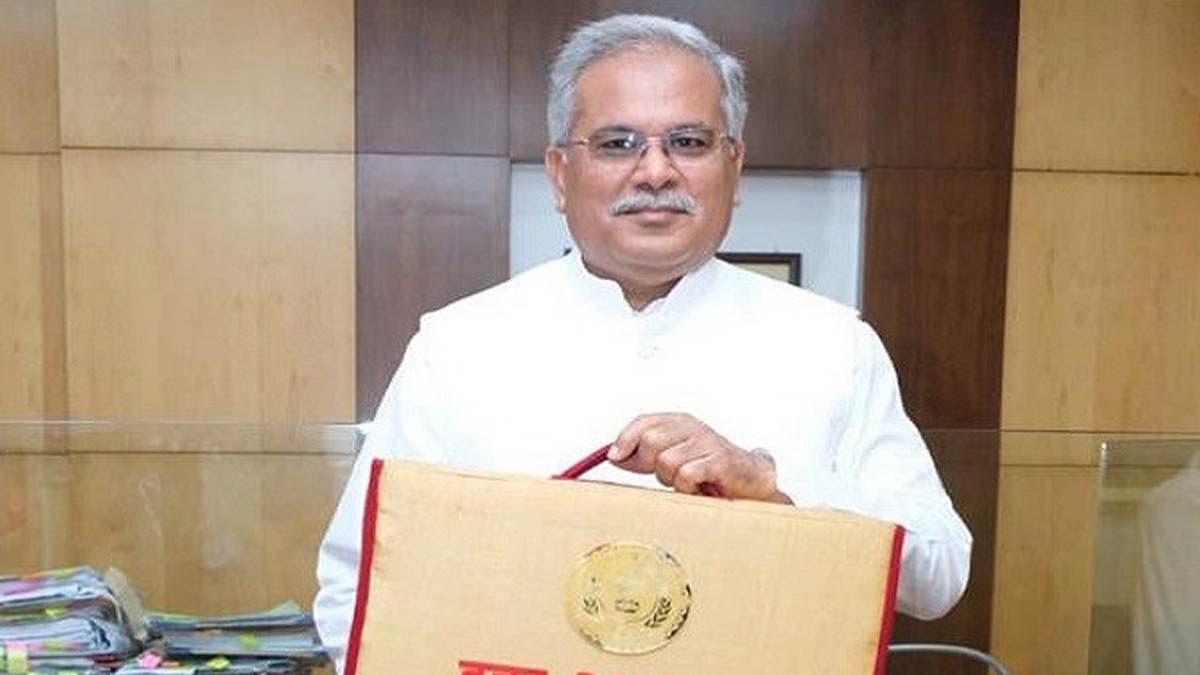Did Bhupesh Baghel's failure to unite Punjab leaders lead to bypoll loss?
 Former Chhattisgarh chief minister Bhupesh Baghel | PTI
Former Chhattisgarh chief minister Bhupesh Baghel | PTI
After the bypoll loss in Ludhiana West, a traditional Congress stronghold, the turf-war between the topline leaders in the state have again surfaced. This, according to Congress leaders, led to the defeat of the Congress.
At the centre of the loss, a section of Congress leaders believe, is the inability of the state in-charge Bhupesh Baghel to engage the state leadership towards a united goal. Baghel was appointed as the state unit in-charge about four months before, on February 15.
An AICC leader said, "During Karnataka elections, top two leaders Siddaramaia and DK were engaged in one-up-manship. It was state in-charge Randeep Singh Surjewala who would sit with them everyday to remind them about the mutual goal of winning elections."
Moreover, the Aam Aadmi Party (AAP) capitalised on the Congress’s splintered state unit, securing a decisive victory.
The loss, coupled with the resignations of key leaders, Punjab Congress working president Bharat Bhushan Ashu, vice presidents Pargat Singh and Kushaldeep Singh, has ignited a debate about the Congress high command’s hold on state affairs. As the local leaders are demanding greater autonomy to address Punjab’s unique political landscape.
According to sources, the top leaders who have resigned in Punjab have pointed out the fractionalism and rift in the ranks demanding a serious introspection.
"Everybody top leader is running a divisive campaign to topple another internally, so that he gets more leverage to be considered as chief minister face," a Congress leader said, "they are silently protesting against each other's growth, which is pulling the state unit down into the dumps."
The discontent among the rank and file comes at a time when the Congress is trying to pick itself up for the upcoming assembly elections two years from now.
The Congress central leadership now faces a critical juncture. With the 2027 assembly elections looming, political observers warn that failure to decentralise control (through bottom up approach by giving power to district presidents) could further erode the party’s base in Punjab.
India